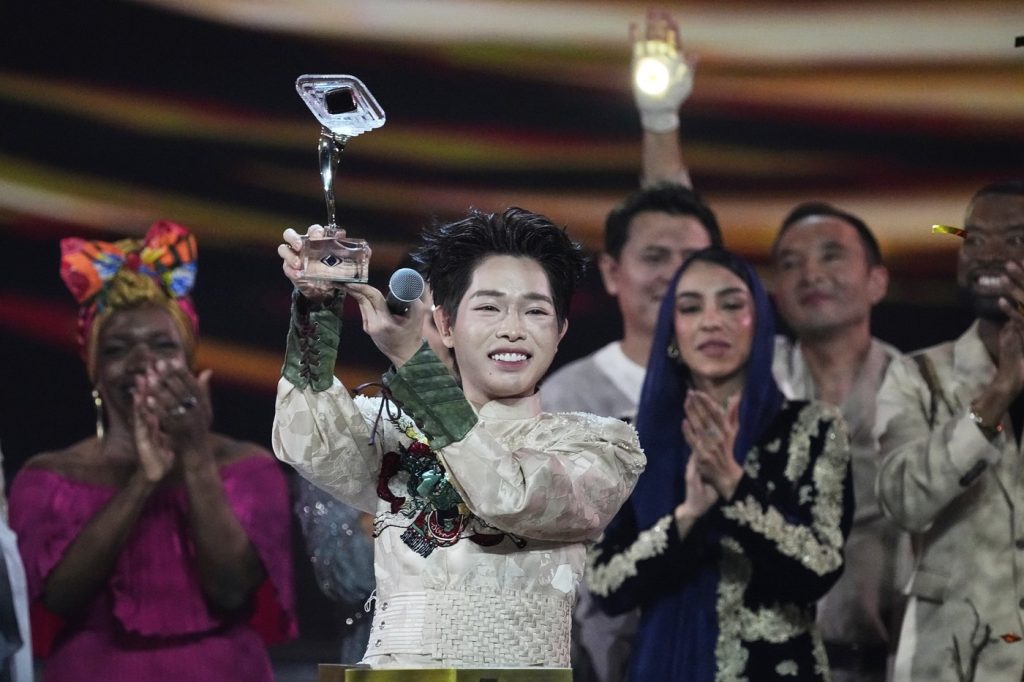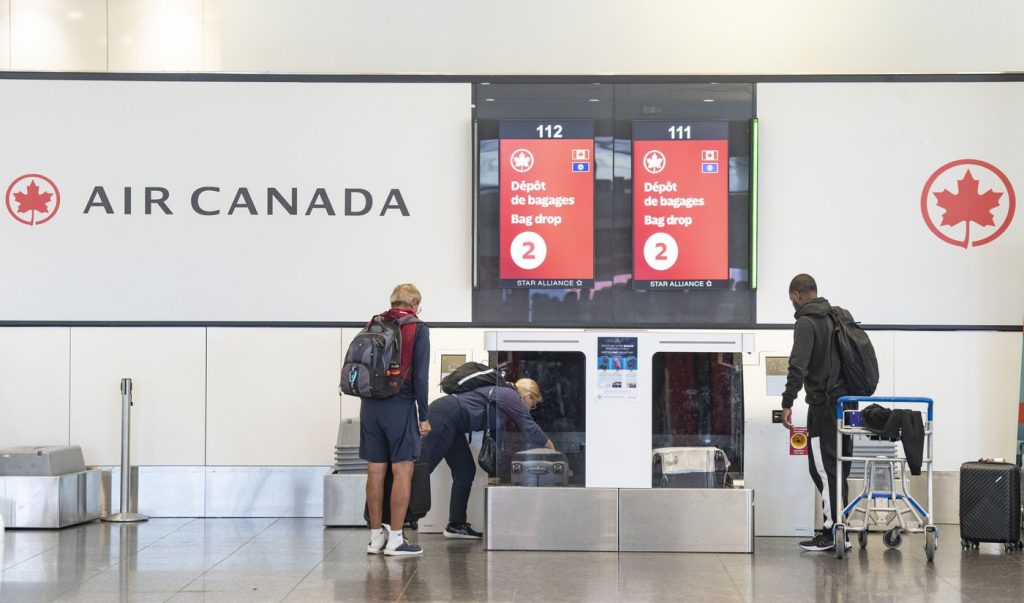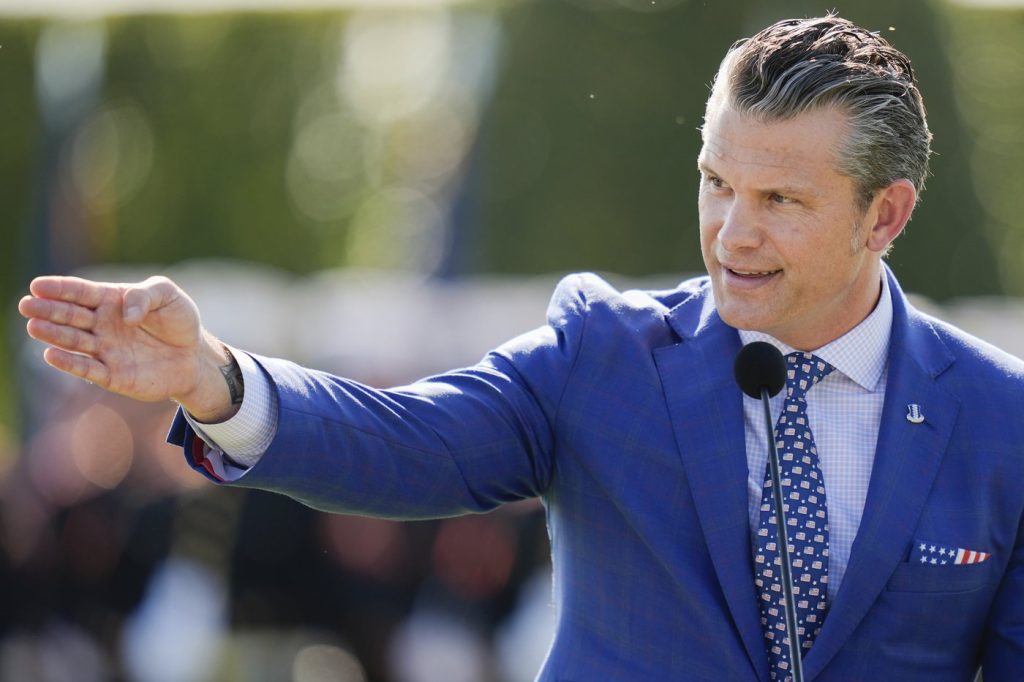On Saturday night, in Moscow's Live Arena, Vietnamese singer Duc Phuc triumphantly held the crystal cup trophy after winning the inaugural Intervision song contest. This contest is seen by some as a Russian counterpart to Eurovision, with layers of political significance intertwined with the musical performances.
Duc Phuc's winning song, "Phu Dong Thien Vuong," featured an eclectic blend of pop, rap, and dubstep, which helped him secure the grand prize of 30 million rubles (approximately $360,000), beating the second-place entry from Kyrgyzstan. The event was packed with spectacular performances, but not without controversy. Just before the U.S. act, Australian-born Vassy, was set to perform, she was announced as unable to participate due to "political pressure" from the Australian government. Brandon Howard, initially set to represent the U.S., withdrew three days prior due to personal issues, leaving Vassy's absence controversial.
Following the performance of Russian singer Shaman, he expressed a heartfelt plea for Russia's song not to be judged by the international jury, stating, "Russia has already won by inviting so many countries to join us."
Intervision, specifically created by presidential decree in February 2023, seeks to rival Eurovision, which has been a prominent celebration of music in Europe for decades. The intent behind Intervision is not merely artistic but is deeply enmeshed in the geopolitical landscape, especially as it emerged after Russia was banned from Eurovision following its full-scale invasion of Ukraine.
Russian officials, including Foreign Minister Sergey Lavrov, have publicly distanced the contest from being a tool of Russian soft power. Lavrov claimed, "What we are doing is diametrically opposite to the attempts to use sports, art, and any other human activities for political gains." However, high-profile figures in Russia, including President Vladimir Putin, have shown their involvement in promoting the contest, underscoring its significance as a platform for Russia to assert its cultural presence globally.
The historical context of Intervision goes back to a socialist-era contest held between 1965 and 1968 in Czechoslovakia and then from 1977 to 1980 in Poland. These earlier contests were not deeply rooted in the Russian consciousness but aimed to create a bridge towards the West, attracting attention from media and record companies. Presently, Intervision features acts from diverse countries such as China, South Africa, Brazil, the UAE, India, Cuba, Ethiopia, and Venezuela, with the U.S. represented by the outlier Vassy.
Despite the competition's ambition, its selection process for participants lacks transparency, making it difficult to ascertain the cultural significance of each artist. While some performers, like Shaman, receive extensive promotion within Russia, others, like Egypt's Moustafa Saad, retain smaller audiences. This creates disparities in visibility and influence among contestants.
For Intervision to achieve a lasting legacy, it requires not only talented performers but also a dedicated fan base. Content creator Henrik Larsson has started producing reaction videos to Intervision, highlighting the unique songs presented, but the larger Eurovision fan communities have largely dismissed the contest as a platform for political propaganda in the context of Russia's ongoing conflict in Ukraine.
Intervision has additionally taken a stance against LGBTQ+ inclusivity, contrasting sharply with the welcoming atmosphere of Eurovision. This has led to unrest within fan communities, particularly with comments criticizing the contest as a reflection of dictatorial propaganda. Moreover, interest in Intervision in Russia is questionable, with reports indicating low engagement levels, including casting calls promising small fees for audience members.
Moving forward, the future of Intervision is uncertain, heavily reliant on political support. Historian Dean Vuletic points out that similar events in the past ultimately dwindled due to systemic changes. As Intervision prepares for the next edition in Saudi Arabia in 2026, the Kremlin remains optimistic about its potential impact, as Lavrov emphasized the importance of portraying an objective image of Russia abroad.












